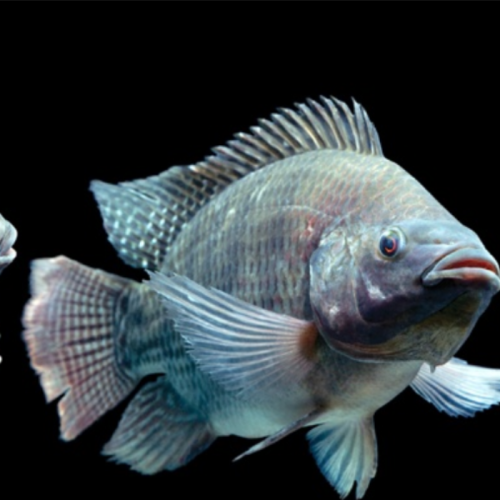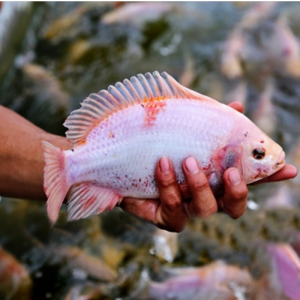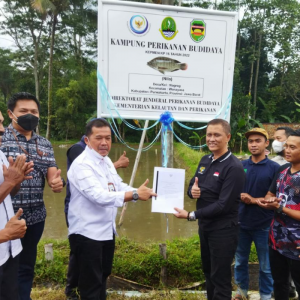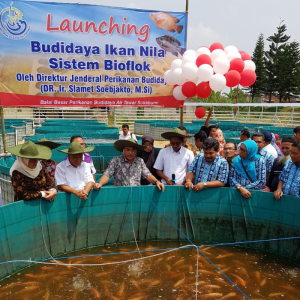
Antioxidants Protect Tilapia From The Toxin Mycotoxin
| Tue, 15 Oct 2019 - 11:38

A new study published in the journal Sciencedirect has explored the use of quercetin, rutin and polyphenol antioxidants in tea to prevent food contaminated with T-2 mycotoxin (Mycotoxin) in tilapia.
In recent years, in the field of aquatic feed production, the trend of replacing animal protein sources with vegetable proteins has led to a higher risk of toxin contamination. In particular, in hot and humid climates, such as Southeast Asia, mycotoxin contamination is more common.
Mycotoxins are toxic chemical compounds generated by molds including Aflatoxin, Ochratoxin A, Trichothecenes (DON; T-2; toxin), Zearalenone, Fumonisin and Moniliformin. Mold can be spread from grains and oilseeds, during planting, harvesting, processing and storage. During the time of manufacture and use of food, if the temperature and humidity are favorable, mold will grow and produce toxins. Each population of mushrooms growing under different conditions will produce many types of toxins.
Unlike terrestrial animals, aquatic species do not have obvious clinical manifestations of mycotoxin contamination, so the topic of mycotoxin influences is often not covered in aquaculture discussions. aquaculture. Mycotoxin is one of the factors that will affect growth performance, feed efficiency and disease resistance, causing economic losses to farmers.
Poisoning mycotoxins from plant-based foods will adversely affect the growth and health of tilapia (Oreochromis niloticus). Therefore, the study of Deng et al. Was conducted to find natural biological agents that can protect against these toxins.
The diet containing quercetin, rutin and polyphenol antioxidants in tea has been studied for the effects of antioxidants on growth, antioxidant reactions, pathological changes and T-2 residues. in tilapia.
Research on feeding
In feeding trials, five groups of tilapia (Oreochromis niloticus) were exposed to increasing T-2 dose and supplementing with antioxidants (control, T-2, T-2 + quercetin, T-2 +). rutin, T-2 + tea polyphenols) for 20 days to evaluate the antioxidant's effect on growth, antioxidant enzyme activity, histopathology and residues in liver and muscle .
Result
The results indicated that exposure to increased T-2 dose significantly decreased survival, decreased growth, decreased liver indices, decreased liver and muscle cell damage, and increased T- 2 in the liver and muscle.
Dietary supplementation with antioxidants effectively reduces liver and muscle damage. In summary, tea quercetin, rutin and polyphenols significantly reduced liver and muscle damage in tilapia.
Supplementing with rutin tilapia diets showed improved growth, increased antioxidant and significantly reduced liver and muscle damage. Therefore, the addition of antioxidants to the diet of fish is necessary to stimulate immunity against morbidity and mortality associated with mycotoxins in fish.
T-2 toxin causes adverse effects on tilapia and disturbs the antioxidant system in plasma and liver causing hepatitis and liver toxicity.
The addition of antioxidants in the diet has proven effective in protecting farmed fish against mycotoxins and by improving liver and muscle damage. In addition, the addition of tea polyphenols to fish food helps increase antioxidant and reduce the negative effects of T-2 toxicity. Therefore, this supplement can be used as a strategy to reduce T-2-related toxicity in fish.
Source : tepbac.com






















